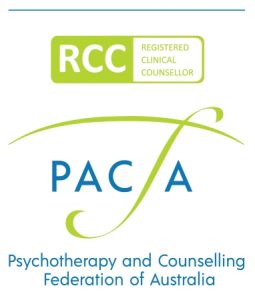Therapeutic Folktales
‘Narrative-style’ questions to ask after a story:
- What in the story stands out as important to you?
- In what ways did you connect with the identity of the hero of the story?
- In what ways did you relate to the journey of the hero?
- What understandings about your own predicament have you drawn from the story?
- In visualizing the story, which scenes or characters were you most drawn to?
- How might you now be feeling about hope, or future possibilities after hearing the story?


